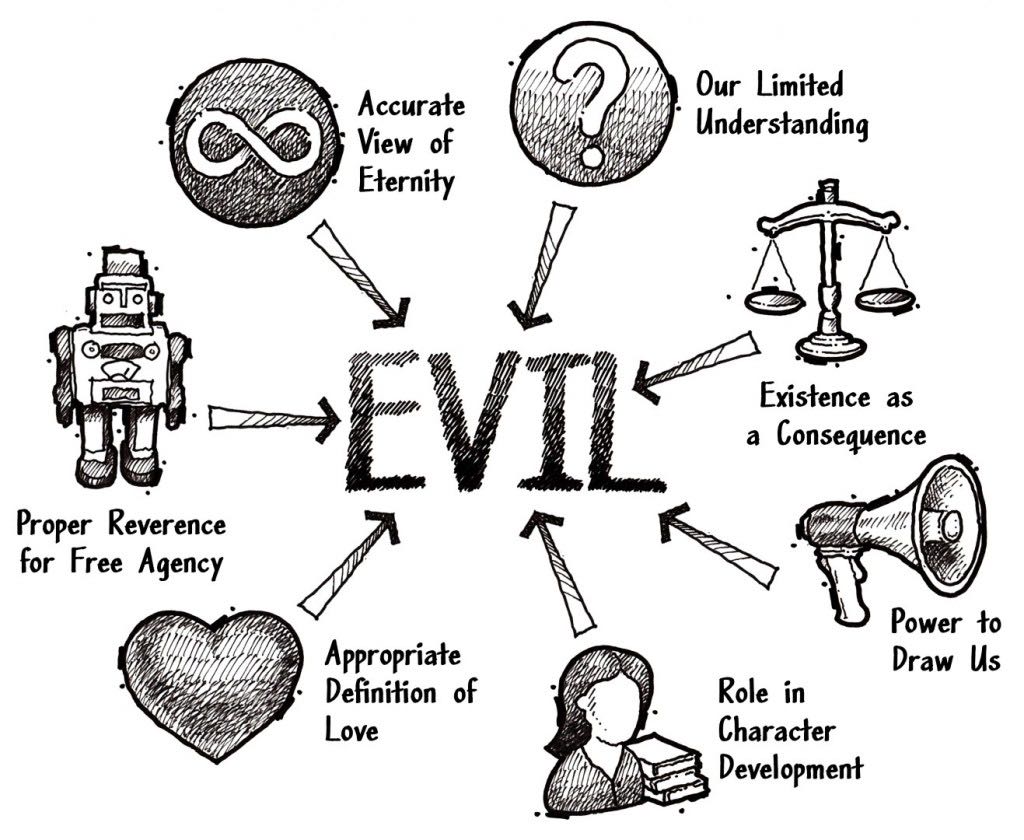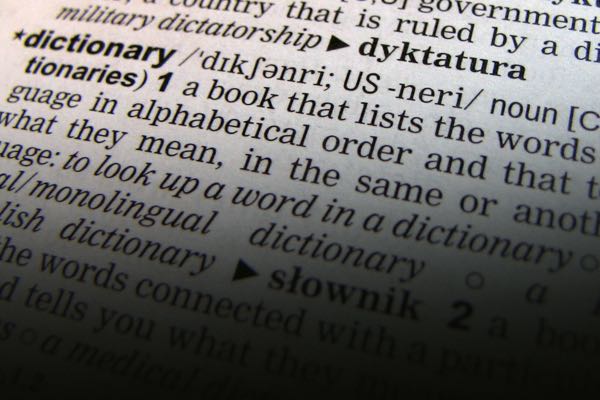
If the morally benevolent, all-powerful, Divine Creator of the universe I describe in God’s Crime Scene does indeed exist, how are we to explain the existence of evil? My experience as a homicide detective taught me a lot about how difficult it is to explain any act of evil. When trying to explain the manner in which a crime occurs (or when trying to make a case for the involvement of a particular suspect), we must always be prepared to explain and illustrate the cumulative, complex, interconnected causal factors involved. There are no easy answers. The truth is always more complicated than we would like. In a similar way, whatever explanation there may be for the presence of evil and injustice in the world, it will certainly involve a cumulative, complex set of explanations and causal factors. There will be no easy answer. Instead, we should expect a tangled web of complexity. In God’s Crime Scene, I offer a seven part template to illustrate the important considerations that must be taken into account when trying to explain any act of evil:

Illustration from God’s Crime Scene
As you can see in the diagram, one of the factors we must consider when trying to understand why God would allow evil is our limited understanding of God and our underestimation of God’s omniscience. Let me explain. The problem of evil was offered in an ancient form by Epicurus:
“Is God willing to prevent evil, but not able? Then he is not omnipotent.
Is he able, but not willing? Then he is malevolent.
Is he both able and willing? Then whence cometh evil?
Is he neither able nor willing? Then why call him God?”
Let’s state the problem a slightly different way:
If God is all-powerful, He could stop evil
If God is all-loving, He would want to stop evil
Evil continues to exist
An all-powerful and all-loving God does not, therefore, exist
Epicurus defines the problem as essentially the incompatibility of an all-powerful and all-loving God with the existence of evil. Notice, however, the limited nature of Epicurus’ definition of God. If we define God as simply all-powerful and all-loving, there does appear to be an incompatibility. But this has never been the classic definition of God from a Christian perspective. Instead, Christians have always described God as all-powerful (omnipotent), all-loving, (omnibenevolent), all-present (omnipresent) and all-knowing (omniscient).
There’s a reason why the omniscience of God is typically ignored in statements related to the problem of evil. God’s all-knowing nature is often the reason He allows evil to occur.
As a parent, I bet you can relate. How many times have you allowed your kids to suffer some apparent evil in order to accomplish a more lasting goal? From a child’s perspective, the hypodermic needle is obviously evil, but as a parent I understand the long term benefit of an inoculation. From a teenager’s perspective, suffering from a poor decision may feel like an unnecessary evil, but as a parent I understand the long term benefit of learning from one’s mistakes. My greater understanding as an adult explains why I often allow my kids to scrape their knees, stumble for a season, or suffer some other apparent evil. I have a long-term goal in mind for them, and given my more expansive perspective and wisdom, I allow my kids to learn (sometime the hard way). If God does exist, His wisdom and knowledge of future events would certainly be far more expansive than our own. Share on X
If God does exist, His wisdom and knowledge of future events would certainly be far more expansive than our own. As our eternal Father, he may simply allow some forms of apparent evil because he knows better and has our long term well-being in mind. It’s tempting for me, as a mere human, to think about what I would do if I were God. Would I exercise my power and eliminate all evil? I don’t think so. Jacques Marie Louis Monsabré, the former pastor at Notre, in a moment of enlightened clarity, once said the following:
“If God would concede me His omnipotence for 24 hours, you would see how many changes I would make in the world. But if He gave me His wisdom too, I would leave things as they are.” (HT to my brother, Frank Turek)
If we define God simply as an all-powerful and all-loving Being, the problem of evil seems reasonable. But if we embrace a correct, more expansive definition of God as all-powerful, all-loving, all-present and all-knowing, we begin to understand how such a Being might allow us to suffer evil. God knows we are more than merely temporal creatures. In His infinite wisdom, He has our long term well-being, as eternal creatures, firmly in mind. How we define the nature of God determines how we define the problem of evil. To better understand the interconnected relationship between the seven considerations I’ve mentioned, please refer to God’s Crime Scene, Chapter Eight – The Evidence of Evil: Can God and Evil Coexist?

J. Warner Wallace is a Dateline featured Cold-Case Detective, Senior Fellow at the Colson Center for Christian Worldview, Adj. Professor of Christian Apologetics at Talbot School of Theology, Biola University, author of Cold-Case Christianity, God’s Crime Scene, and Forensic Faith, and creator of the Case Makers Academy for kids.
Subscribe to J. Warner’s Daily Email
J. Warner Wallace is a Dateline featured cold-case homicide detective, popular national speaker and best-selling author. He continues to consult on cold-case investigations while serving as a Senior Fellow at the Colson Center for Christian Worldview. He is also an Adj. Professor of Christian Apologetics at Talbot School of Theology, Biola University, and a faculty member at Summit Ministries. He holds a BA in Design (from CSULB), an MA in Architecture (from UCLA), and an MA in Theological Studies (from Gateway Seminary).
































